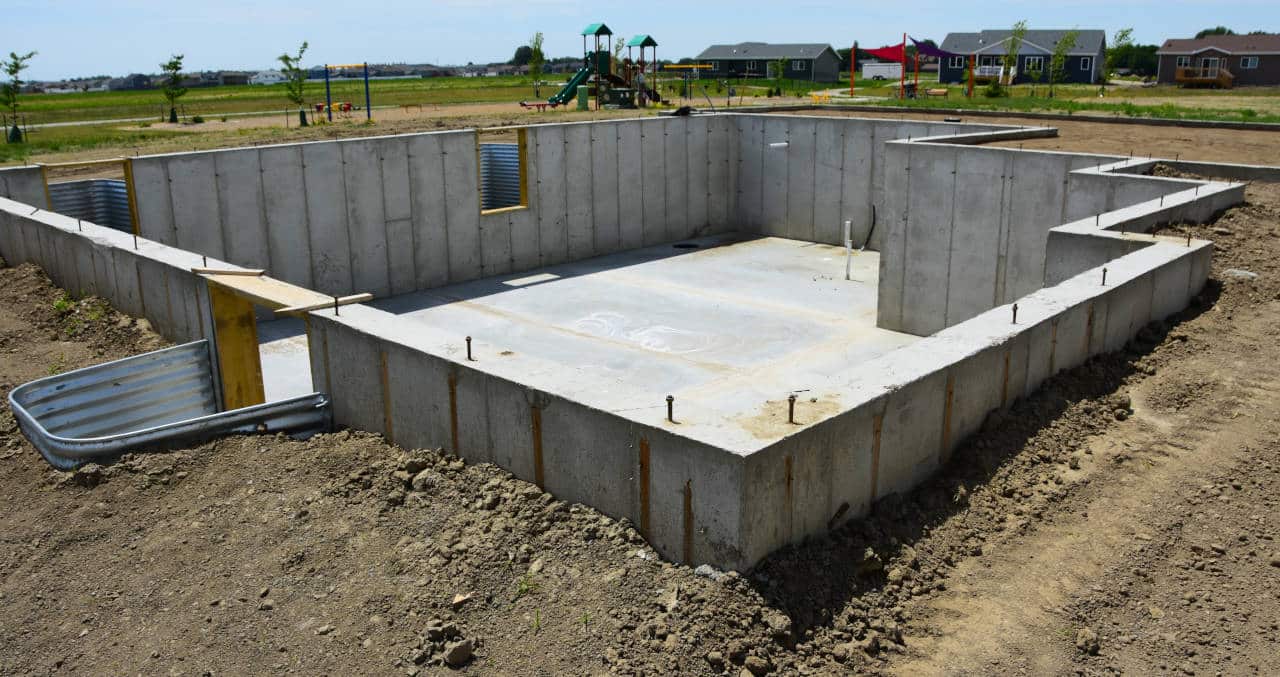Ways To Use Concrete For Building Residential Building In Del Mar

- One of the most common uses of concrete in residential construction is for foundations and structural components. Concrete’s strength and durability provide a solid foundation that can withstand the test of time. It ensures that your home remains stable and safe for years to come. Additionally, concrete can be used to create load-bearing walls, columns, and beams, further enhancing the structural integrity of your building.
- Concrete is no longer limited to bland, gray surfaces. You can use various techniques to add texture and visual appeal to your residential building’s exterior. Stamped concrete, for example, allows you to create intricate patterns and designs that mimic the look of natural stone or brick. Colored concrete can be used to add vibrant and eye-catching hues to your façade. These decorative finishes not only enhance the aesthetics but also contribute to the longevity of your building by protecting it from weathering and wear.
- Concrete can also be used to improve the energy efficiency of your residential building. Insulated concrete forms (ICFs) are a popular choice for creating highly efficient walls. These forms consist of two layers of foam insulation separated by a concrete core. They provide excellent insulation, reducing energy consumption and lowering utility bills. ICFs also have the added benefit of superior soundproofing, creating a quieter and more comfortable living environment.
- Concrete floors are not only durable but also offer a sleek and modern aesthetic. You can choose from a range of finishes, including polished concrete, stained concrete, and epoxy coatings, to achieve the desired look for your residential space. Concrete floors are easy to clean and maintain, making them a practical choice for high-traffic areas like kitchens and living rooms. They are also compatible with radiant heating systems, ensuring your floors remain warm and comfortable during the colder months.
- Concrete can play a crucial role in incorporating sustainability into your residential building. Vertical gardens, also known as green walls, can be constructed using concrete panels as a structural support. These living walls not only enhance the aesthetics of your building but also improve air quality and insulation. Additionally, concrete can be used to create rainwater harvesting systems, which promote water conservation and reduce the demand on municipal water supplies.
FAQs
Can Concrete Be Used For Both Traditional And Contemporary Residential Designs?
Yes, concrete is incredibly versatile and can be adapted to suit various architectural styles. It can be used for traditional designs by incorporating decorative finishes like stamped patterns or for modern, minimalist aesthetics with sleek, polished concrete surfaces.
Is Concrete Environmentally Friendly For Residential Construction?
Concrete can be sustainable when used responsibly. Techniques like incorporating recycled materials, optimizing mix designs, and utilizing energy-efficient production methods can make concrete a greener choice. Additionally, concrete’s durability reduces the need for frequent replacements, contributing to long-term sustainability.
Are There Any Cost Considerations When Using Concrete In Residential Building Projects?
While concrete can be cost-effective in the long run due to its durability and low maintenance, the initial construction costs may vary depending on factors like design complexity and the use of specialized finishes. However, these costs can be offset by concrete’s energy efficiency and reduced upkeep expenses over time.
Conclusion
Concrete offers a myriad of possibilities for residential construction, from ensuring structural integrity to enhancing aesthetics and sustainability. Its adaptability and durability make it an excellent choice for homeowners and builders looking for long-lasting, energy-efficient, and aesthetically pleasing residential buildings. By exploring these innovative ways to use concrete, you can create a beautiful, sustainable, and resilient home that will stand the test of time. For more information, contact Concrete Contractor Del Mar at (858) 314-3534.